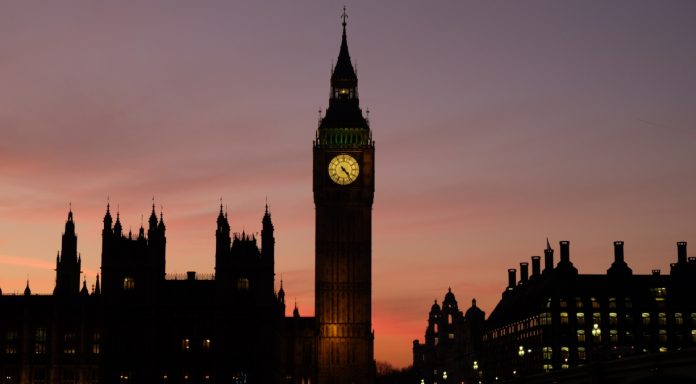- Pound (GBP) rises as political race advances
- GDP data due to show stagnation
- Euro (EUR) falls after dire German ZEW sentiment data
- German inflation data is due
The Pound Euro (GBP/EUR) exchange rate is rising after small losses in the previous session. The pair fell -0.03% on Tuesday, settling at €1.1836, after trading in a range between €1.1787 – €1.1860. At 08:45 UTC, GBP/EUR trades +0.2% at €1.1860.
The pound pushed higher in the previous session despite ongoing concerns over the health of the UK economy. Data from the British Chamber of commerce showed that sales fell 1.3% year on year in June, down from 1.5% in May. This was the fifth consecutive month of falling sales, pointing to changing habits by consumers.
Bank of England Governor Andrew Bailey warned in a speech about the health of the UK economy and rising inflation. The central bank has a fight on its hands to bring inflation down from 9% to 2%, the BoE’s target level.
The cost of living squeeze that surging inflation has brought to the UK is a largely political issue that the contenders for the Conservative leadership race should consider.
So far, the leadership race has been reduced to eight candidates, which have received over the 20 nominations necessary. The ex-Chancellor Rishi Sunak is one of the few candidates saying that inflation must be curbed, whilst most support tax cuts that are inflationary.
Looking ahead, UK GDP data will be in focus. Analysts expect the UK economy to stall in May after a contraction of 0.1% in March and 0.3% in April. Weak growth could limit the action the BoE can take to rein in growth.
The euro rose in the previous session, after hitting parity against the USD at one point. The euro fell after dismal German ZEW economic confidence figures. According to the ZEW institute, German economic sentiment fell to an eleven-year low of -53.8, down from -28. Expectations had been for a decline to -38.
Attention will now turn to German inflation data, which is expected to confirm the preliminary print of 8.6%, a record high. Hot inflation adds pressure to the ECB to raise interest rates.





